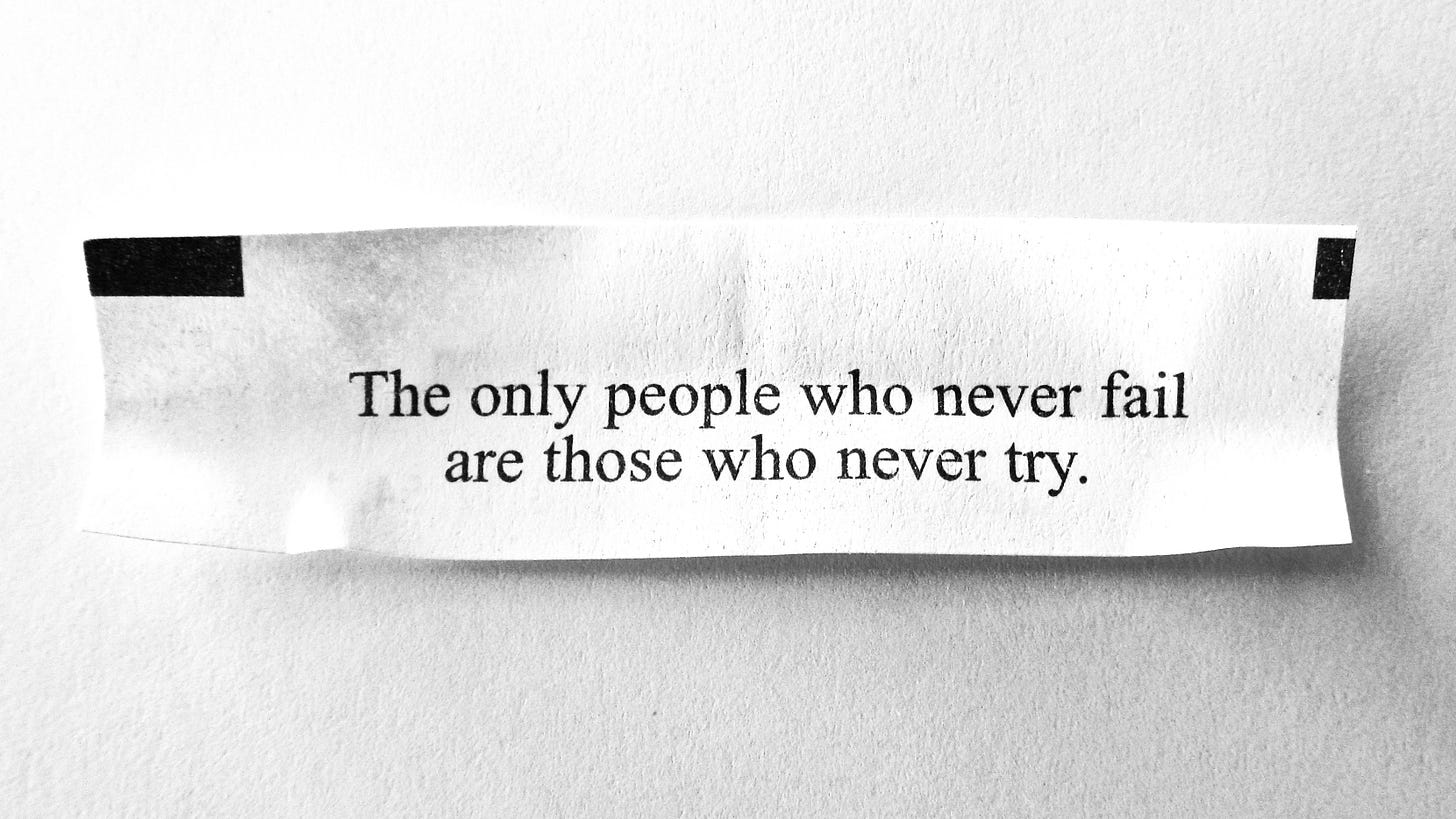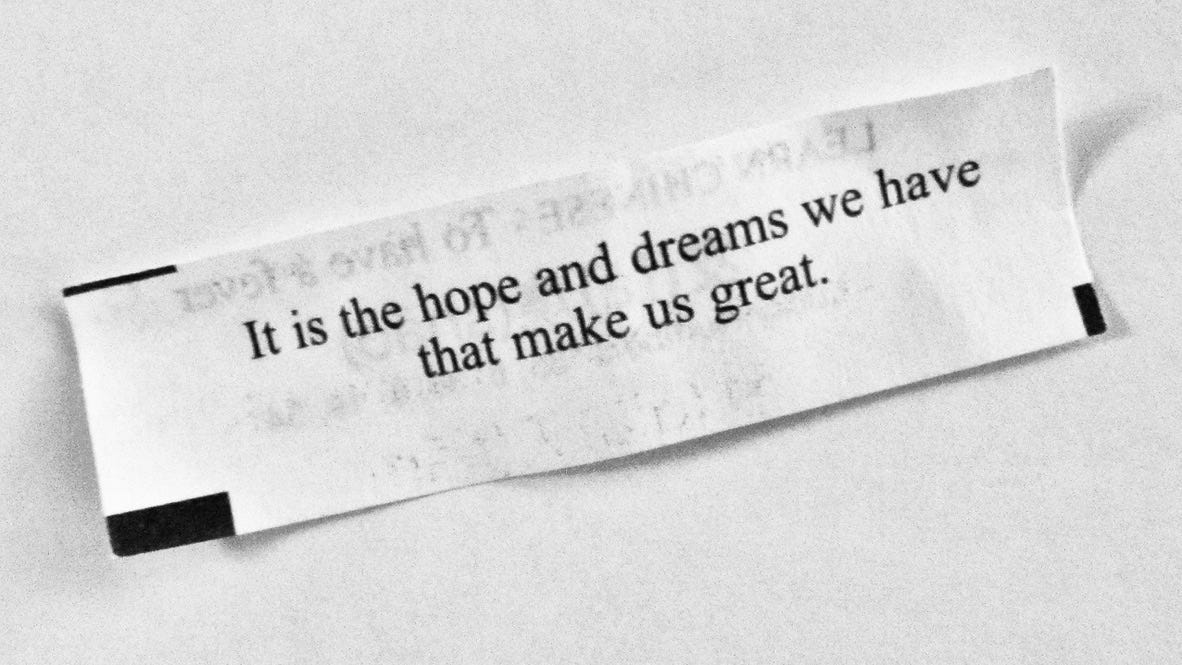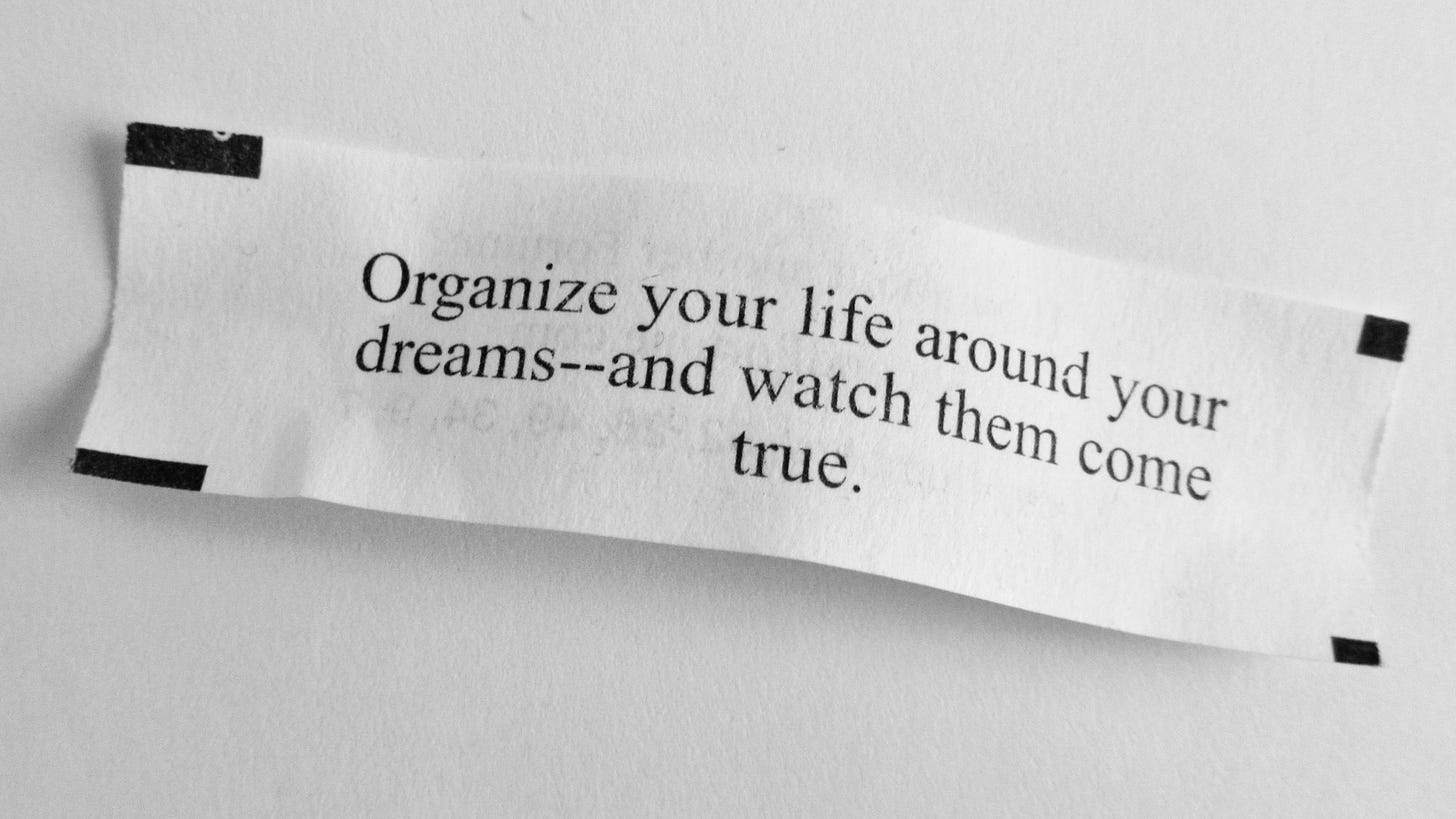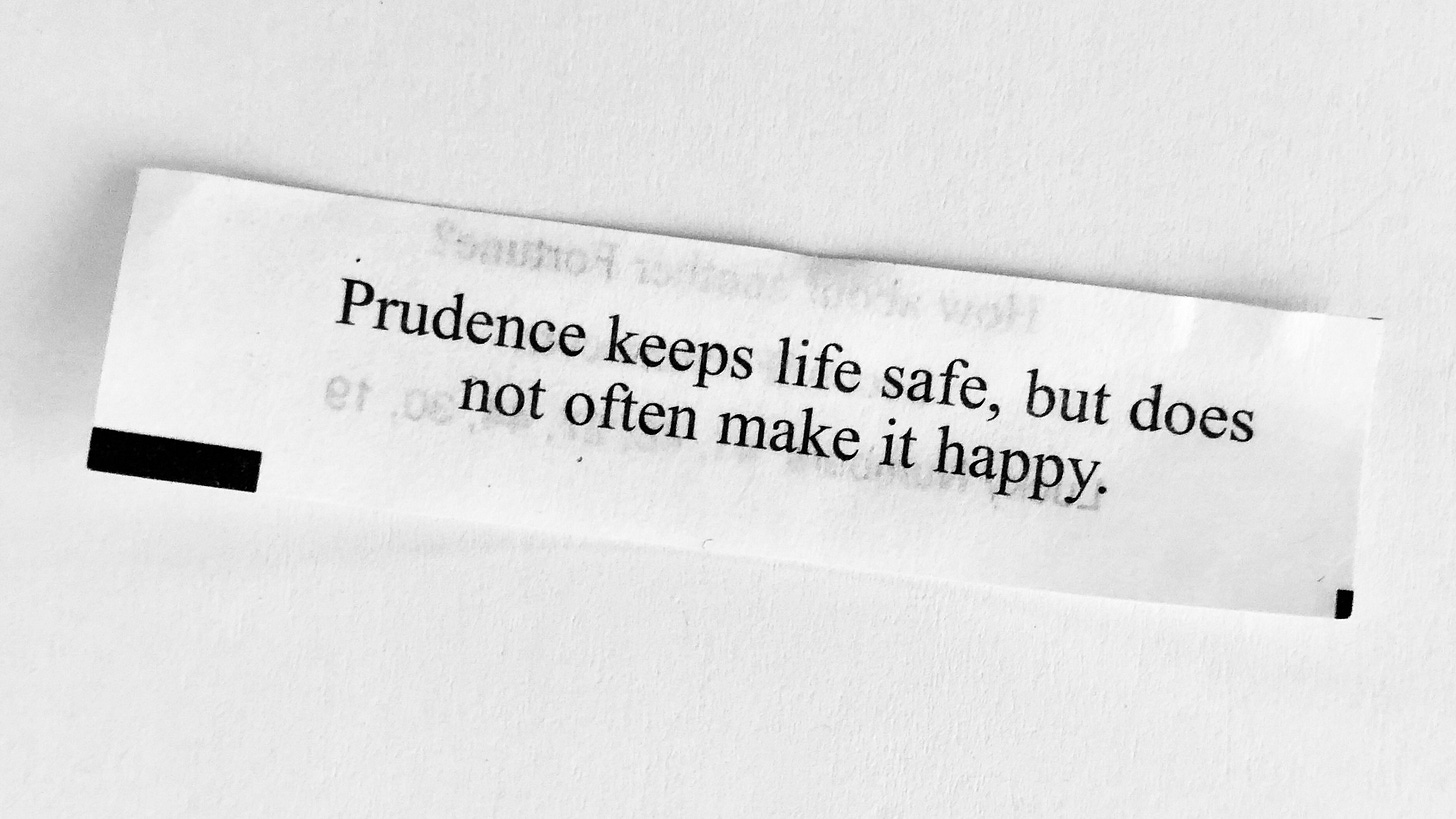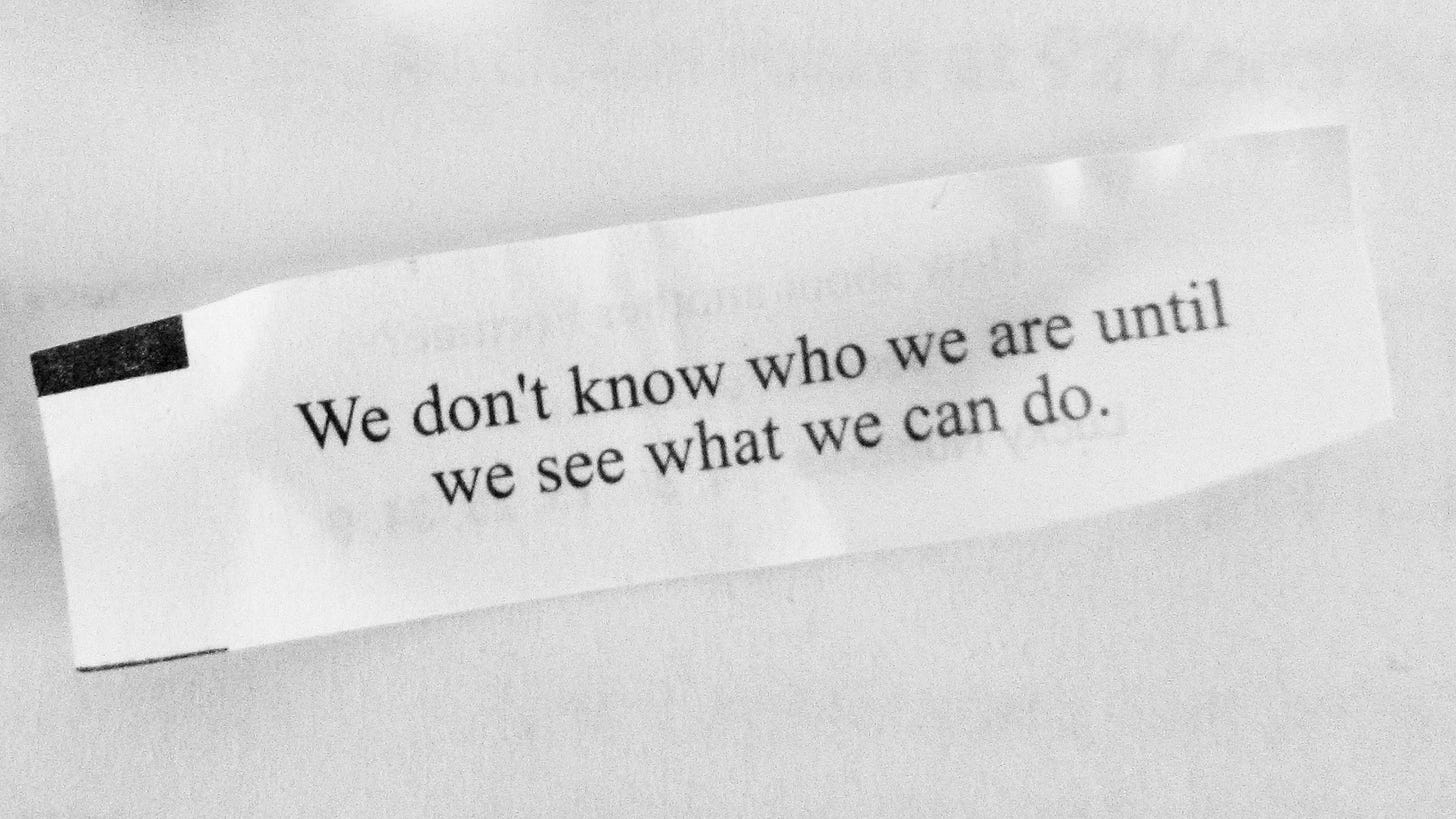Traits, of Character, of Personality; Traits, Generational Persistence of
SHE WAS RIGHT about the influence of Black Jacques, or of some strain that began before Black Jacques and reached its full flowering in him, but I wasn’t sure then just what it meant to be like Black Jacques or like Fat Hank, and I’m still not sure, because they have turned out to be more complicated than either my great-grandmother or my father presented them. . . .
Broadly, being like Black Jacques means, I think, letting yourself be seduced by your dreams, pursuing them, sending them flowers, and never noticing, or caring, that people are laughing at you behind their hands, never even quite noticing, at last, that you’ve made a fool of yourself. And being like Fat Hank means being ashamed of a dream, sneering at it, pushing it away, abandoning it as foolishness, and having it haunt you, having it leave a cold, empty spot right behind your breastbone, as if you had swallowed an ice cube when you drained your drink. . . .
[T]he two strains have become so mixed and confused along the Leroy line (if they were ever really distinct, for there was some Hank in Jacques and some Jacques in Hank) that the voices of Black Jacques and Fat Hank sometimes speak to me at once, and I can’t always tell which is which.Little Follies, “Do Clams Bite?”
[W]hat we call experience is merely the revelation to our own eyes of a trait in our character which naturally reappears, and reappears all the more markedly because we have already brought it into prominence once of our own accord, so that the spontaneous impulse which guided us on the first occasion finds itself reinforced by all the suggestions of memory. The human plagiarism which it is most difficult to avoid is the plagiarism of ourselves.
Marcel Proust, In Search of Lost Time, The Sweet Cheat Gone, “Grief and Oblivion”
All the sallies of his will are rounded in by the law of his being, as the inequalities of Andes and Himmaleh are insignificant in the curve of the sphere. Nor does it matter how you gauge and try him. A character is like an acrostic or Alexandrian stanza; read it forward, backward, or across, it still spells the same thing. . . . We pass for what we are. Character teaches above our wills. Men imagine that they communicate their virtue or vice only by overt actions, and do not see that virtue or vice emit a breath every moment. There will be an agreement in whatever variety of actions, . . . however unlike they seem. These varieties are lost sight of at a little distance, at a little height of thought. One tendency unites them all. The voyage of the best ship is a zigzag line of a hundred tacks. See the line from a sufficient distance, and it straightens itself to the average tendency.
My father went upstairs, with the plans in his hand, and stood under the canvas, listening to the drumming of the rain and shaking his head. He worked every evening during the next week to close the hole and patch the roof, and on the following weekend he put up plasterboard walls in a small corner of the attic and laid a floor of linoleum tile. This corner became my room. Once, later, at night, when my parents were out, I put a ladder up to the back of the house and climbed it to the roof. I walked to the center of the roof and stood where the hole had been, on my toes, looking out toward the bay.
Little Follies, “Do Clams Bite?”
Fortune Cookie Wisdom
fortune cookie wisdom
When somebody claims to be smart, but half of the shit they say is obvious and can be found in a fortune cookie.
Urban Dictionary
[more to come on Friday, July 2, 2021]
Have you missed an episode or two or several?
You can catch up by visiting the archive.
At Apple Books you can download a free eBook of “My Mother Takes a Tumble,” the first novella in Little Follies.



